
7 things you need to do when you come visit Japan
If you are considering or already decided upon visiting Japan, here is a list of what you should not miss out on when you come and visit.

Shogayaki (生姜焼き) is a very popular household dish. Part of it is due to the fact that it is really easy to make and the ingredients are very cheap and accessible. While Shougayaki is best made with thin slices of meat, it taste almost as good with a larger slab of pork or even with ordinary beef. The dish goes so well with rice, so if it is not too much of an effort, we highly recommend that you have it with some sticky Japanese rice.
Shogayaki(生姜焼き) is a popular Japanese dish. Shougayaki literally means ginger sear/fry. Shougayaki is cooked with this slices of pork and simmered in a sauce made of soy sauce, mirin, onion, garlic and grated ginger cooked fried in the pan. Sugar can also be added to make the dish sweet, which makes it go so well with rice.
This dish is a popular dish especially in the summer as the nutritional components of the ginger and the pork helps with the summer heat. This dish is said to have been made in order to cook pork in a way that would help reduce the distinct aroma of the meat, but the ease and the tastiness of the dish has made it a big household favorite. While it is best made with a thin slice of pork, it will also taste good with a big slab of meat, so even if you do not have access to a meat slicer or a butcher that would slice the meat for you, it should not put you off from making it. Other than the thin slices of pork, all the other ingredients should be fairly accessible so we definitely recommend that you give this recipe a go!
(Serving for 4 people)
・Pork… 16-20 thin slices
・Onions… 1 piece
・Grated Ginger…1 Teaspoon
・Soy Sauce… 2 Tablespoon
・Cooking Sake… 2 Tablespoon
・Mirin…1/2 Tablespoon
1. Cut the surface of the fat on the pork meat. By doing so, the
pork will not curl up during the cooking process, meaning it will
look better once it is done. Slice the onions but make sure you
do not cut it too thinly as you want to leave the nice texture and
flavor of the onions.
2. Pour oil onto a heated pan and cook the onions until they are
nicely carmelized.
3. Grill the meat until the pork is nice and crispy.
4. Pour the grated ginger, Soy Sauce, Cooking Sake and Mirin into
the pan. If you do not have access to ready grated ginger, that is
not a problem either as all you have to do is to buy and grate
1/2 – 1 piece of ginger.
5. Use medium heat to cook all the ingredients. Check if the pork
and the onions are soaking up the flavors of the sauce. We want
to keep the sauce so once you think it is ready (and the alcohol
from the cooking Sake is gone), get it off the pan and place it on
your plate and it’s good to go!
Tip: You can get ready grated ginger in Japanese super markets which makes the cooking process easier. Concerning the meat, you would ideally want to have the meat thin, but it also works for thicker slices of meat. However, if you are thinking of cooking other recipes which uses thin slices of beef or pork, such as Yakiniku or Shabu Shabu, it might be worth investing in a meat slicer as we guarantee that this appliance will be a game changer in terms of the variety of dishes you can cook. Concerning the dish, it is very savory so it is best served with some sticky rice on the sides.
1. Cut the surface of the fat on the pork meat. By
doing so, the pork will not curl up during the
cooking process, meaning it will look better once it
is done. Slice the onions but make sure you do not
cut it too thinly as you want to leave the nice texture
and flavor of the onions.
2. Pour oil onto a heated pan and cook the onions
until they are nicely carmelized.
3. Grill the meat until the pork is nice and crispy.
4. Pour the grated ginger, Soy Sauce, Cooking Sake
and Mirin into the pan. If you do not have access to
ready grated ginger, that is not a problem either as
all you have to do is to buy and grate 1/2 – 1 piece
of ginger.
5. Use medium heat to cook all the ingredients. Check
if the pork and the onions are soaking up the flavors
of the sauce. We want to keep the sauce so once
you think it is ready (and the alcohol from the
cooking Sake is gone), get it off the pan and place it
on your plate and it’s good to go!
Tip: You can get ready grated ginger in Japanese super markets which makes the cooking process easier. Concerning the meat, you would ideally want to have the meat thin, but it also works for thicker slices of meat. However, if you are thinking of cooking other recipes which uses thin slices of beef or pork, such as Yakiniku or Shabu Shabu, it might be worth investing in a meat slicer as we guarantee that this appliance will be a game changer in terms of the variety of dishes you can cook. Concerning the dish, it is very savory so it is best served with some sticky rice on the sides.
1. Cut the surface of the fat
on the pork meat. By doing
so, the pork will not curl up
during the cooking process,
meaning it will look better
once it is done. Slice the
onions but make sure you
do not cut it too thinly as
you want to leave the nice
texture and flavor of the
onions.
2. Pour oil onto a heated pan
and cook the onions until
they are nicely carmelized.
3. Grill the meat until the pork
is nice and crispy.
4. Pour the grated ginger, Soy
Sauce, Cooking Sake and
Mirin into the pan. If you do
not have access to ready
grated ginger, that is
not a problem either as all
you have to do is to buy
and grate 1/2 – 1 piece of
ginger.
5. Use medium heat to cook
all the ingredients. Check if
the pork and the onions are
soaking up the flavors of
the sauce. We want to keep
the sauce so once you
think it is ready (and the
alcohol from the cooking
Sake is gone), get it off the
pan and place it on your
plate and it’s good to go!
Tip: You can get ready grated ginger in Japanese super markets which makes the cooking process easier. Concerning the meat, you would ideally want to have the meat thin, but it also works for thicker slices of meat. However, if you are thinking of cooking other recipes which uses thin slices of beef or pork, such as Yakiniku or Shabu Shabu, it might be worth investing in a meat slicer as we guarantee that this appliance will be a game changer in terms of the variety of dishes you can cook. Concerning the dish, it is very savory so it is best served with some sticky rice on the sides.
If this is the kind of dish you like, we have compiled some a list of dishes that you might also like for your next cooking session below.
Tonkatsu (とんかつ) is a Japanese deep-fried pork cutlet. The outer coating is made extra fluffy, yet crunchy by using Panko (bread crumbs) to coat the meat, which is then fried in oil.
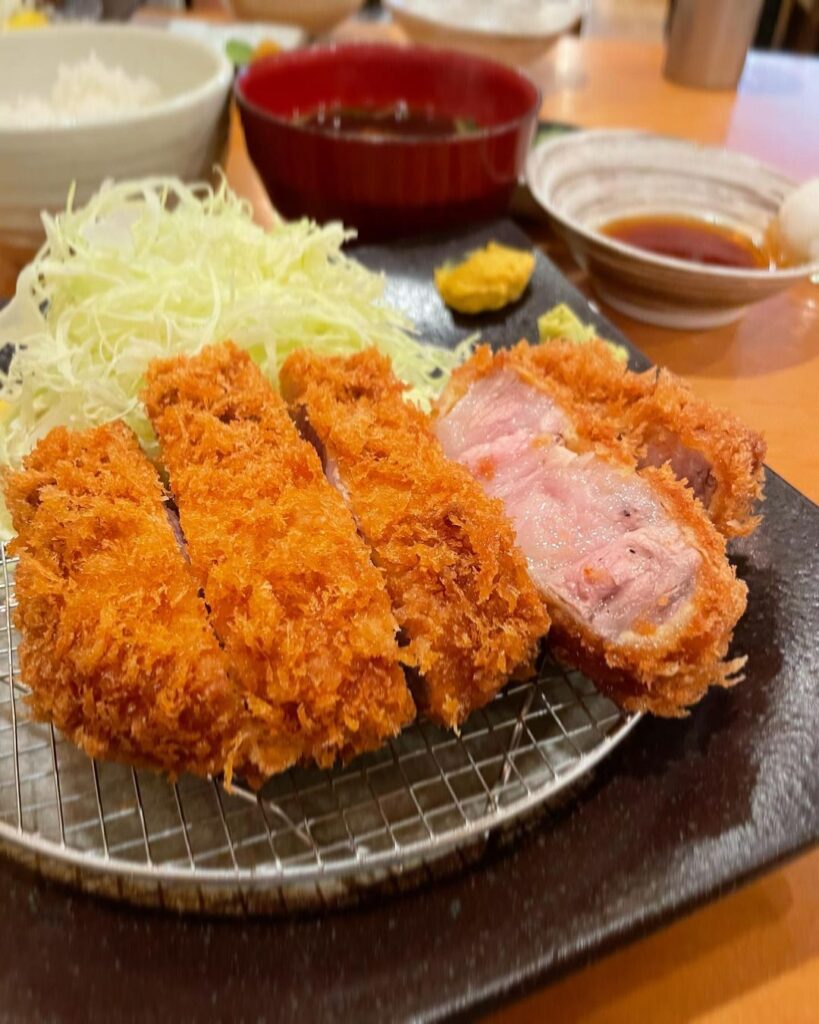

Zaru Soba (ざるそば) differs from conventional Soba as the Soba noodles are served chilled on a tray, which will also come with a dipping soup called ‘Tsuyu’.
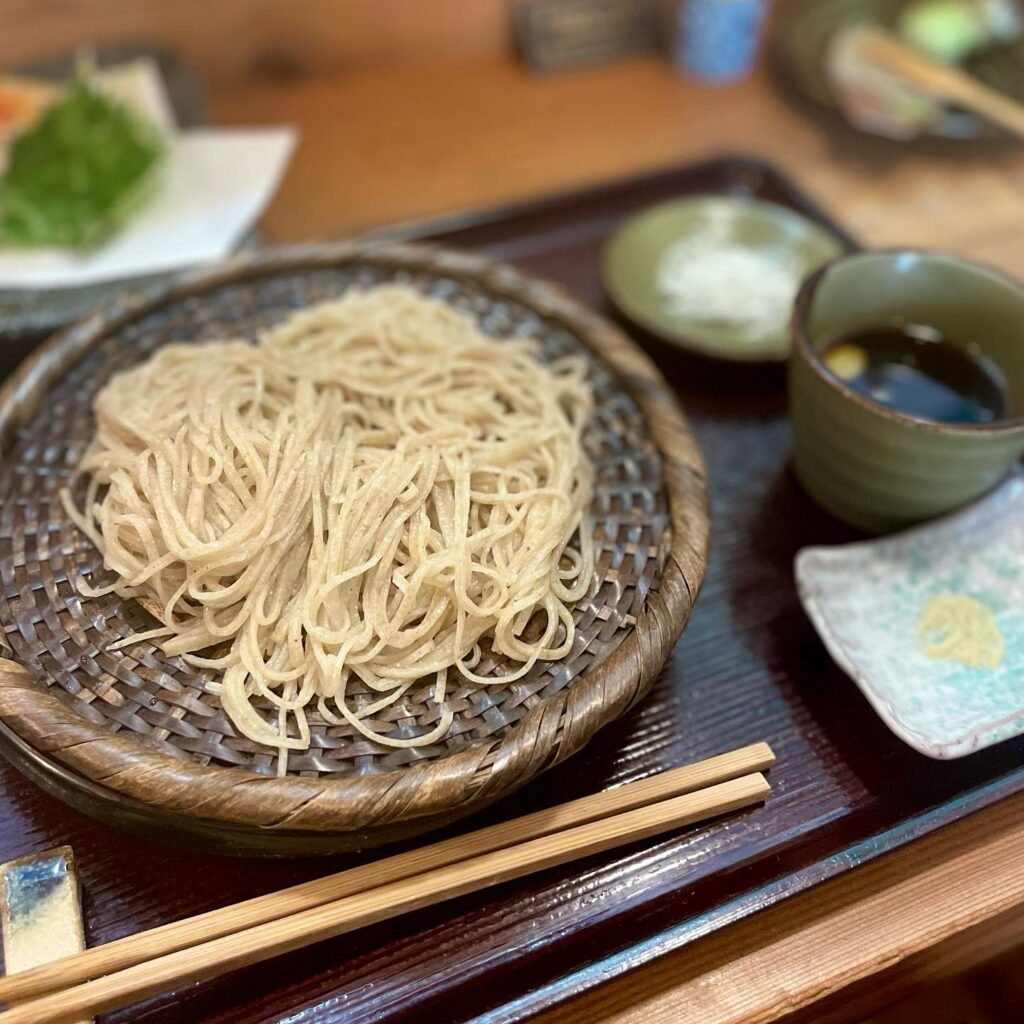

Yakitori (焼き鳥), meaning “grilled bird” in Japanese, is a dish composed of different kinds of meat and vegetables (not just chicken) that are skewered and cooked on a grill.
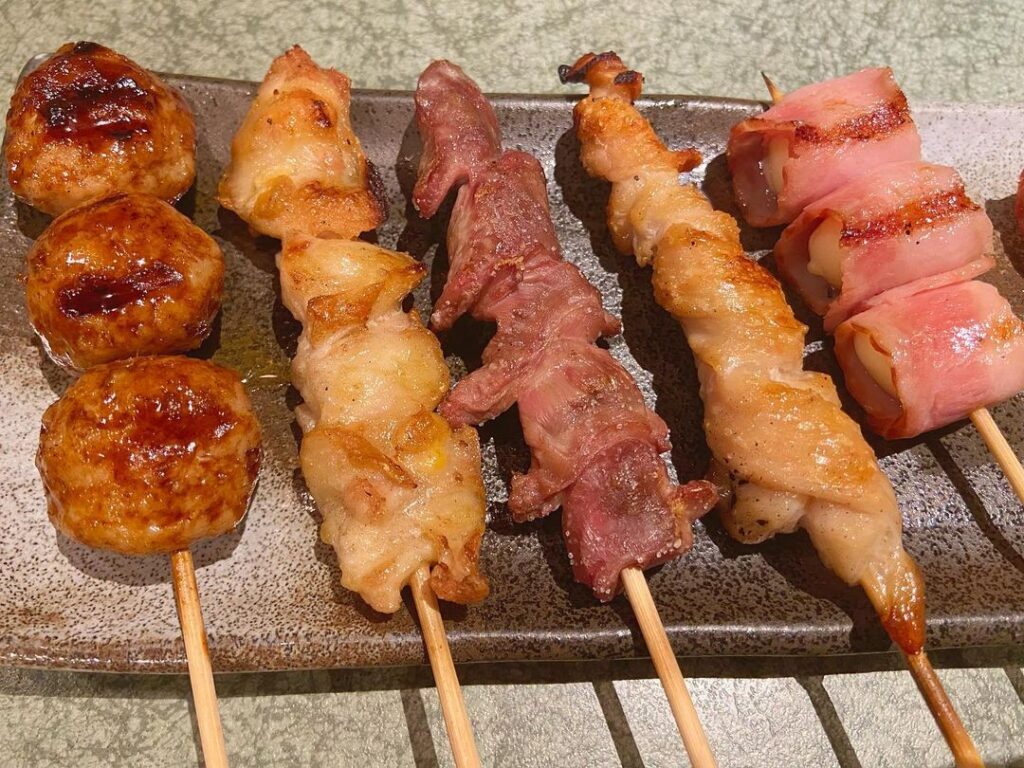


Shogayaki (生姜焼き) is a very popular household dish. Part of it is due to the fact that it is really easy to make and the ingredients are very cheap and accessible. While Shougayaki is best made with thin slices of meat, it taste almost as good with a larger slab of pork or even with ordinary beef. The dish goes so well with rice, so if it is not too much of an effort, we highly recommend that you have it with some sticky Japanese rice.
1. Cut the surface of the fat on the pork meat. By doing so, the pork will not curl up during the cooking process, meaning it will look better once it is done. Slice the onions but make sure you do not cut it too thinly as you want to leave the nice texture and flavor of the onions.
2. Pour oil onto a heated pan and cook the onions until they are nicely caramelized.
3. Grill the meat until the pork is nice and crispy.
4. Pour the grated ginger, Soy Sauce, Cooking Sake and Mirin into the pan. If you do not have access to ready grated ginger, that is not a problem either as all you have to do is to buy and grate 1/2 – 1 piece of ginger.
5. Use medium heat to cook all the ingredients. Check if the pork and the onions are soaking up the flavors of the sauce. We want to keep the sauce so once you think it is ready (and the alcohol from the cooking Sake is gone), get it off the pan and place it on your plate and it’s good to go!
Tip: You can get ready grated ginger in Japanese super markets which makes the cooking process easier. Concerning the meat, you would ideally want to have the meat thin, but it also works for thicker slices of meat. However, if you are thinking of cooking other recipes which uses thin slices of beef or pork, such as Yakiniku or Shabu Shabu, it might be worth investing in a meat slicer as we guarantee that this appliance will be a game changer in terms of the variety of dishes you can cook. Concerning the dish, it is very savory so it is best served with some sticky rice on the sides.
Share this recipe with your family and friends!

If you are considering or already decided upon visiting Japan, here is a list of what you should not miss out on when you come and visit.

If you go to Japan in the summer, there will be many Masturi, which is a Japanese festival taking place. While traditional dancing and festivities taking place is one reason why you should go to one, another is enjoying these festivities with some nice Japanese food which are sold in the adhoc food stand which is referred to as ‘Yatai (屋台)’ in Japanese.
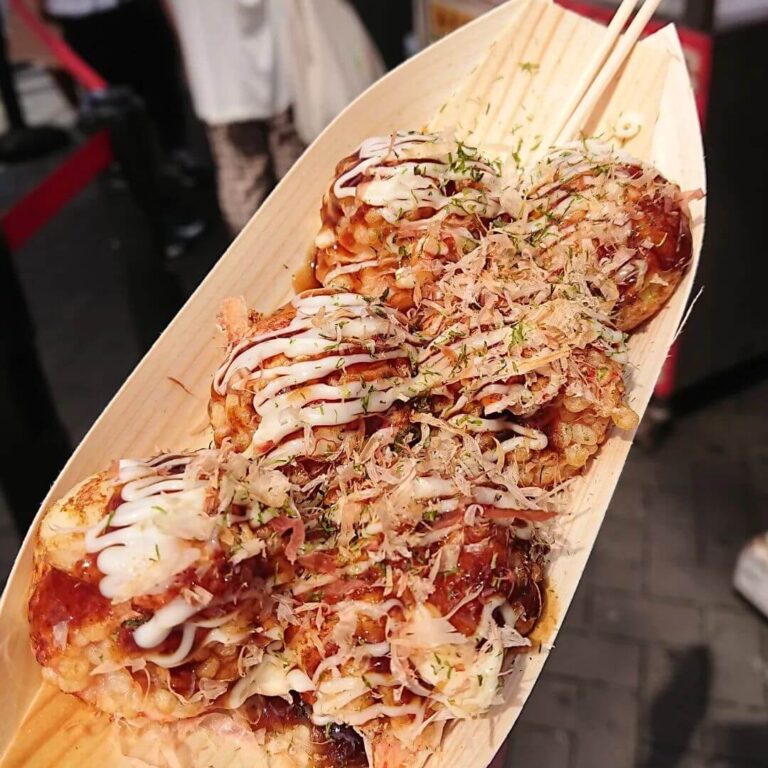
If you go to Japan in the summer, there will be many Masturi, which is a Japanese festival taking place. While traditional dancing and festivities taking place is one reason why you should go to one, another is enjoying these festivities with some nice Japanese food which are sold in the adhoc food stand which is referred to as ‘Yatai (屋台)’ in Japanese.
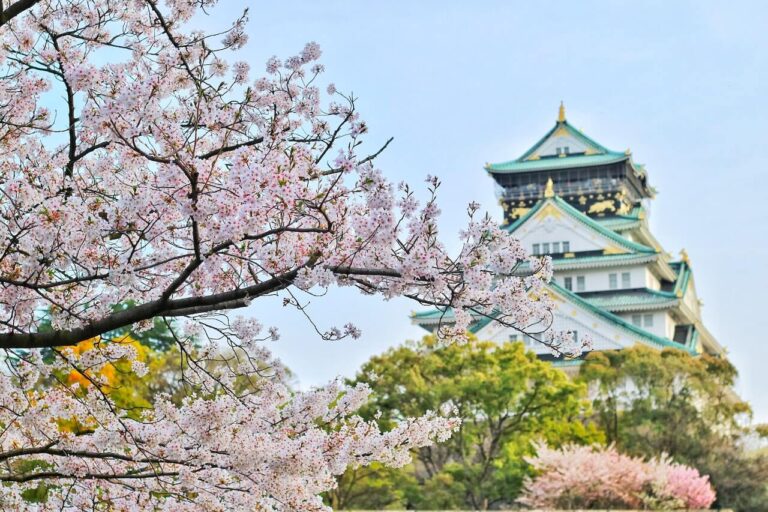
While we guarantee that you wont regret visiting Japan, there are certain time periods where it is more favorable to go than others. Although eating out and shopping is cheap, getting there is fairly expensive so you want to make sure that you get the most out of your trip.

We have selected 8 Japanese Restaurant Chain that serves authentic Japanese food if you are thinking of going to a Japanese place in LA.

In comparison to their normal prices back in Japan, they might feel a bit pricey but if you want some proper Japanese food for relatively low prices, these are some of the restaurants that you should definitely consider visiting.
By subscribing to our e-mail list, we’ll send you traditional and modern Japanese dish that is guaranteed to blow your mind!
